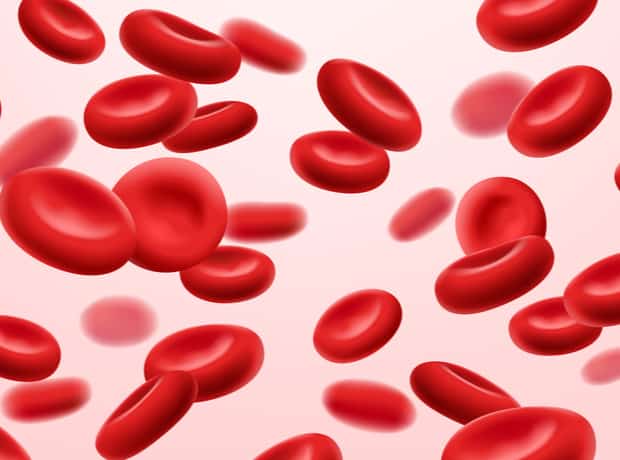NHS patients with paroxysmal nocturnal haemoglobinuria (PNH) or atypical haemolytic uraemic syndrome (aHUS) are to get access to treatment with Alexion’s Ultomiris (ravulizumab) following a green light from cost regulators.
PNH is characterised by an excessive breakdown in red blood cells, which can lead to anaemia, kidney problems, and blood clots in the blood vessels. aHUS causes blood clots in small blood vessels, which can lead to organ damage and significant kidney impairment, thrombosis, heart failure and brain injury.
The National Institute for Health and Care Excellence (NICE) has published final guidance recommending NHS use of the drug for PNH and draft guidance backing its use to treat aHUS.
Currently, people with symptomatic PNH or aHUS only have one treatment option available on the NHS, Alexion’s Soliris (eculizumab), which is delivered intravenously every two weeks.
On the back of NICE’s approval, patients with either disease will now be eligible for treatment with Ultomiris, which is administered every eight weeks and thus could improve the quality of life for people with these rare blood disorders.
According to NICE, clinical trial evidence shows that, in people with PNH, treatment with Ultomiris is “at least as clinically effective as eculizumab”, and causes “fewer episodes of breakthrough haemolysis, a symptom of PNH, reducing the number of hospital admissions and the need for blood transfusions”.
Also, indirect comparisons of Ultomiris with Soliris for people with aHUS similarly suggest that Ultomiris is as effective at treating the condition.
“We are hopeful that the increased time between doses with this new treatment will lead to a better quality of life for these individuals and their loved ones,” said Meindert Boysen, deputy chief executive and director of the Centre for Health Technology Evaluation at NICE.
Around 270 people with PNH and 160 people with aHUS will be eligible for the new treatment.










